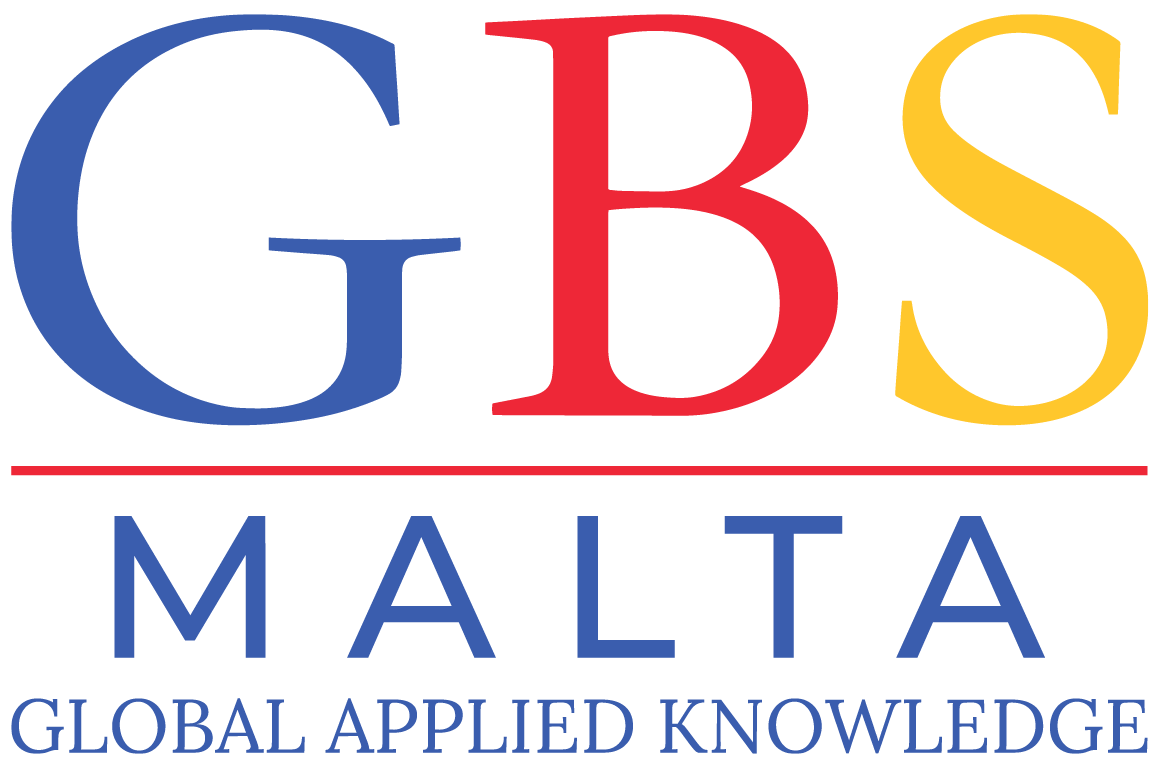Common causes include poor planning, resource shortages, unclear goals and scope creep.
Common project management problems and solutions

Navigating a project from start to finish without facing any challenges is a rare thing. Project management issues often arise, whether it is about meeting deadlines, staying within budget, or managing a team’s workflow.
Project management is about more than managing tasks; it involves leading people, setting expectations and controlling resources.
Here are seven common project management problems and practical solutions for each, helping you lead projects smoothly and achieve results.
1. Defining Clear Goals and Project Scope
- Problem: Starting a project without clear, well-defined goals can lead to misunderstandings, unclear deliverables and scope creep. Teams can waste time on tasks that do not align with the project’s objectives.
- Solution: Begin by creating a clear project charter. This document should outline the project’s purpose, key objectives, scope and major deliverables. Set SMART (Specific, Measurable, Achievable, Relevant, Time-Bound) goals. Having a detailed roadmap enables all stakeholders to understand the project’s direction and scope, minimising unnecessary adjustments later.
2. Managing Time and Meeting Deadlines
- Problem: Time is one of the biggest constraints in any project. Poor time management can delay project completion and lead to budget overruns.
- Solution: Implement time management tools, such as Gantt charts or Kanban boards, to visualise the project’s progress and timeline. Break down larger tasks into smaller, manageable tasks and assign deadlines for each. Encourage team members to prioritise tasks and plan for contingencies. Holding brief daily check-ins can also help ensure the team stays on track.
3. Ensuring Effective Communication
- Problem: Miscommunication or a lack of communication can create misunderstandings, duplicated effort and inefficiencies.
- Solution: Establish clear channels of communication from the start. Use collaborative project management tools like Slack, Microsoft Teams, or Asana. These platforms allow team members to stay updated, communicate effectively and keep everyone in sync. Set regular check-ins and ensure meeting agendas are concise to avoid unnecessary meetings.
4. Resource Allocation and Management
- Problem: Projects can face delays and other issues if resources, such as staff, equipment, or budgets, are not allocated effectively.
- Solution: Conduct thorough resource planning at the project’s onset. Estimate the resources needed for each task and assign team members based on their skills and availability. Monitoring resource allocation throughout the project allows you to adjust and allocate resources efficiently. When possible, build flexibility into the project budget to handle unexpected needs.
5. Managing Scope Creep
- Problem: Scope creep happens when additional features or tasks are added to a project without adequate time or resources, potentially derailing the project.
- Solution: One of the best project management solutions is to use a strict change management process. Any new request should be evaluated for its impact on resources, timeline and scope. Communicate the impact with stakeholders before approving the change. By managing scope carefully, you can prevent unnecessary tasks from crowding out the project’s main goals.
6. Gaining Stakeholder Support and Engagement
- Problem: Stakeholders who are disengaged or have unrealistic expectations can create conflicts or derail projects by expecting more than what was agreed upon.
- Solution: Engage stakeholders early in the project by involving them in the planning stages. Regularly update them on project progress, key milestones and any obstacles. Clarify their role and impact within the project. Having regular stakeholder meetings helps to build trust, set realistic expectations and align everyone with the project’s direction.
7. Anticipating and Managing Risks
- Problem: Unforeseen risks, such as technical issues, staff turnover, or budget cuts, can lead to delays, budget increases, or even project failure.
- Solution: A risk management plan is crucial. Identify potential risks and assess their impact on the project. Assign each risk a likelihood score, then create contingency plans to address these risks if they occur. Regularly review and update the risk management plan as the project progresses, adapting to any new risks that arise.
Boost project skills with an MBA
Project management best practices for career success
Applying project management best practices is essential to avoid these common challenges and ensure the project flows smoothly. Here are effective project management solutions and practices that can strengthen your approach.
- Set clear, realistic goals: Start with a strong foundation by setting clear goals that align with the project’s overall objectives. Break down each goal into actionable tasks and milestones to track progress.
- Use project management tools: Implement tools like Trello or Jira to stay organised. These tools streamline task assignment, tracking and progress monitoring, allowing everyone to stay on the same page.
- Foster a collaborative team environment: Encourage open communication and collaboration within the team. Establish protocols for team discussions, feedback and problem-solving.
- Encourage continuous learning: Project management is a dynamic field and new techniques or tools regularly emerge. Encourage your team to stay updated on the latest best practices and integrate those into the workflow.
- Monitor project health regularly: Regular check-ins on the project’s progress can help identify potential roadblocks early. By keeping an eye on the project’s health, you can make necessary adjustments before issues escalate.
Propel your project management career with GBS Malta

For those aiming to excel in project management, GBS Malta offers an MBA in Project Management designed to deepen knowledge and enhance practical skills. This programme covers essential modules that equip you with theoretical and hands-on experience for managing complex projects.
Here is more about the course curriculum:
In the procurement, leading and management of project teams module, the course offers insights into evaluating projects and creating proposals, equipping you with the tools to make informed project management decisions.
- It covers core skills in managing teams and handling diverse project scenarios, from planning to execution.
- With a focus on both project and programme management, participants learn to navigate challenges across multiple projects.
The course includes another module focusing on executing, controlling and closing a project.
- You develop practical skills that are important for successful project completion.
- It covers all aspects of project management, including planning, controlling and closing.
- You learn strategies to tackle common issues like scope creep, risk management and quality control.
By understanding these principles, participants gain the confidence to manage projects in various industries and adapt to changing project environments. By studying at GBS Malta, you benefit from a curriculum designed to meet global standards, ensuring they are well-prepared to tackle project management challenges in any sector. This is accompanied by industry experts who offer lectures that are full of practical insights, boosting your industry knowledge. GBS Malta offers up to 40% scholarship on all MBA programmes, connect now to discuss eligibility.
GBS Malta’s MBA in project management provides a pathway to master multiple skills, giving you the foundation to succeed in any industry. Begin your project management journey with GBS Malta and learn how to turn challenges into accomplishments.
Ready to advance your project management expertise? Discover our programmes now!
Frequently asked questions about project management problems
1. What causes project management problems?
2. How can project management tools help streamline projects?
They enable teams to track tasks, collaborate and manage resources, helping keep projects on schedule and within budget.
3. What is scope creep and why is it challenging?
Scope creep is the gradual expansion of a project’s goals without additional resources or time. It can divert focus from the project’s main objectives and lead to delays.
4. How do I handle risks in a project?
Develop a risk management plan to identify, assess and prepare responses for potential risks. Regularly update the plan as the project evolves.
5. What are the MBA in Project Management benefits for students?
An MBA provides advanced skills and practical knowledge to handle diverse project challenges, offering a competitive edge in the job market.



